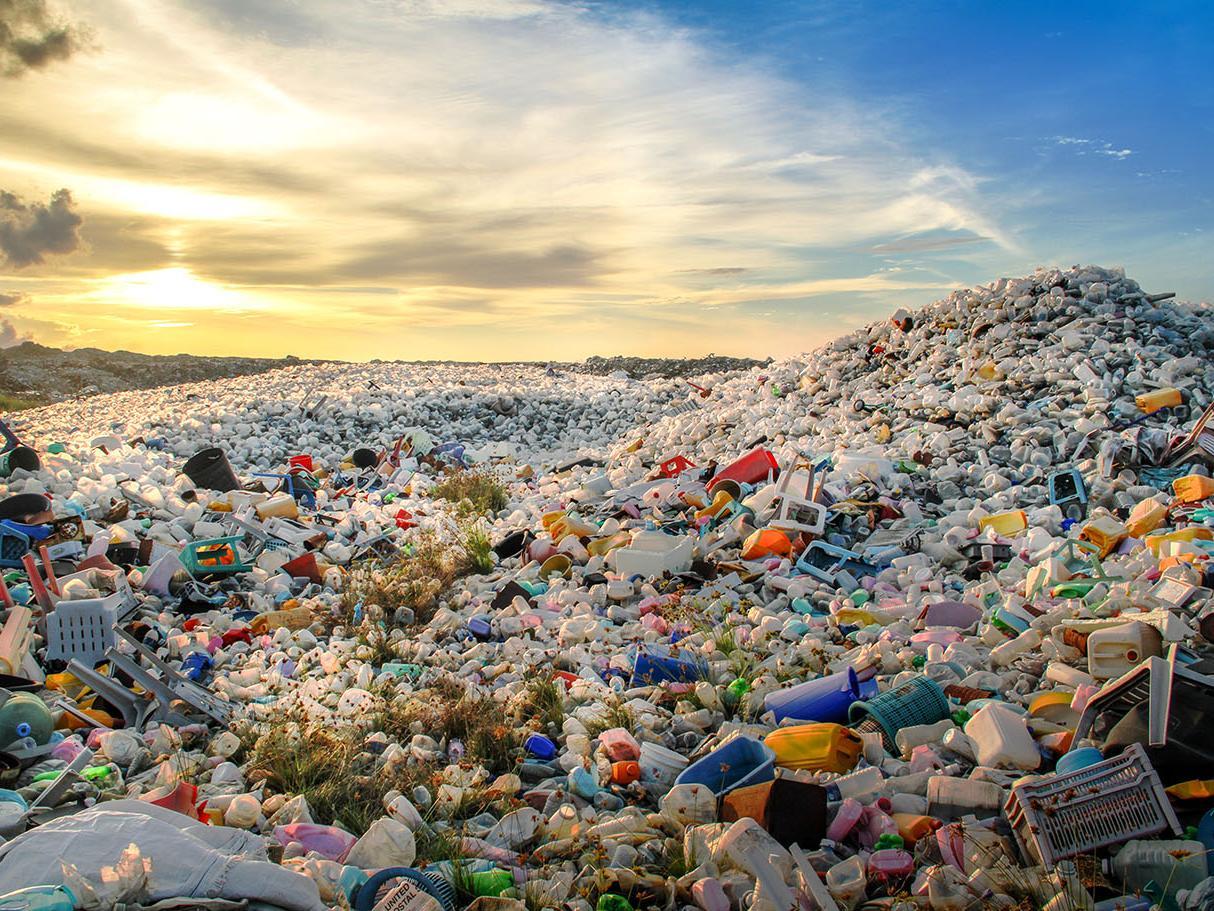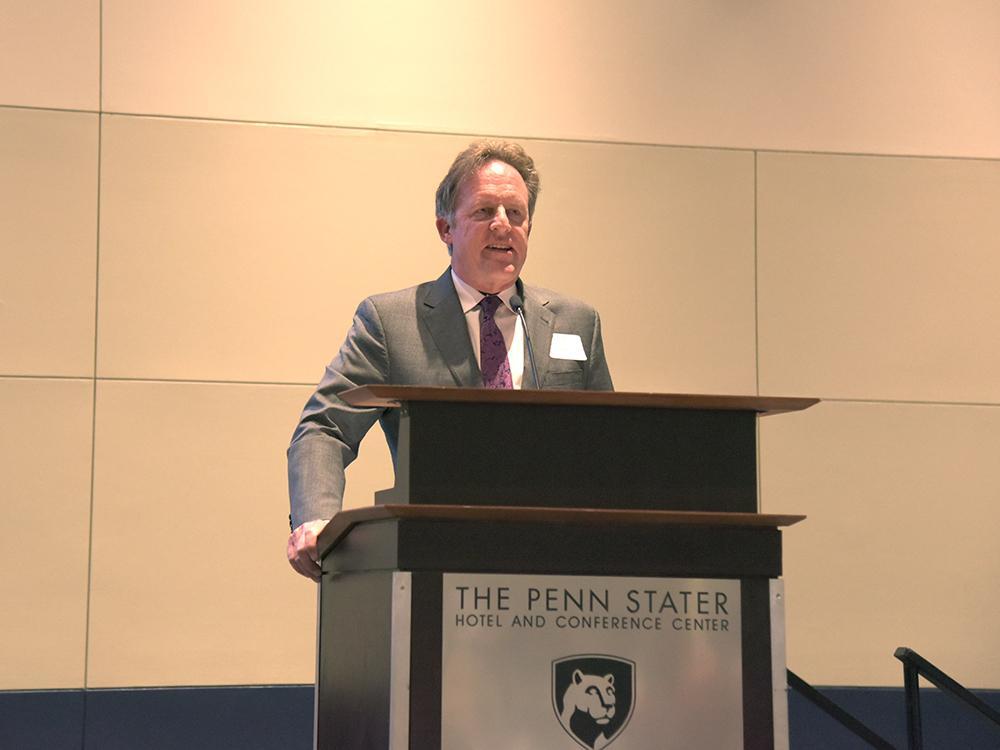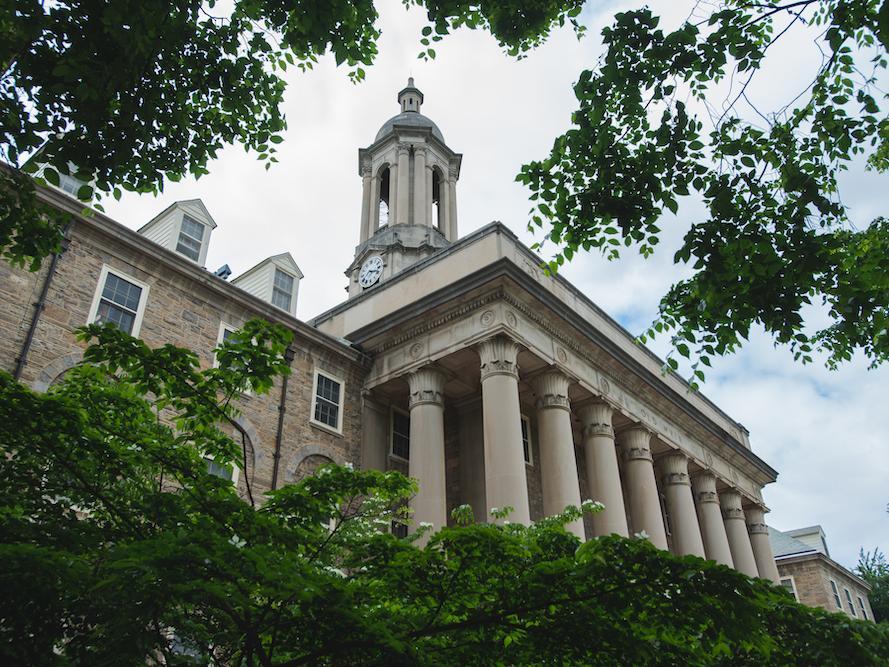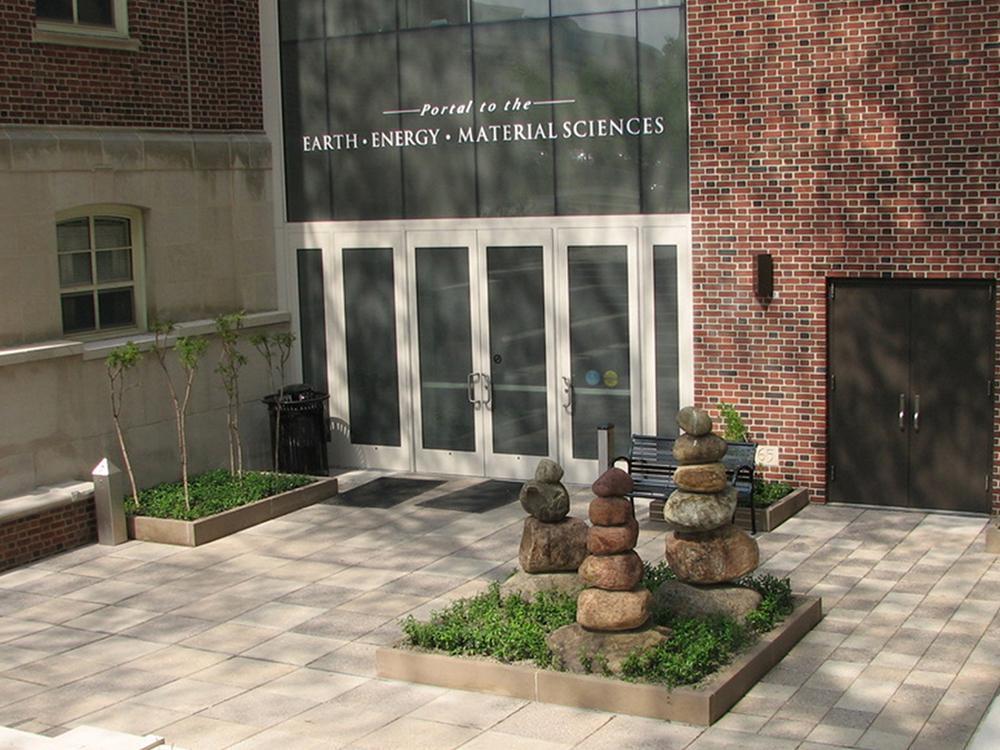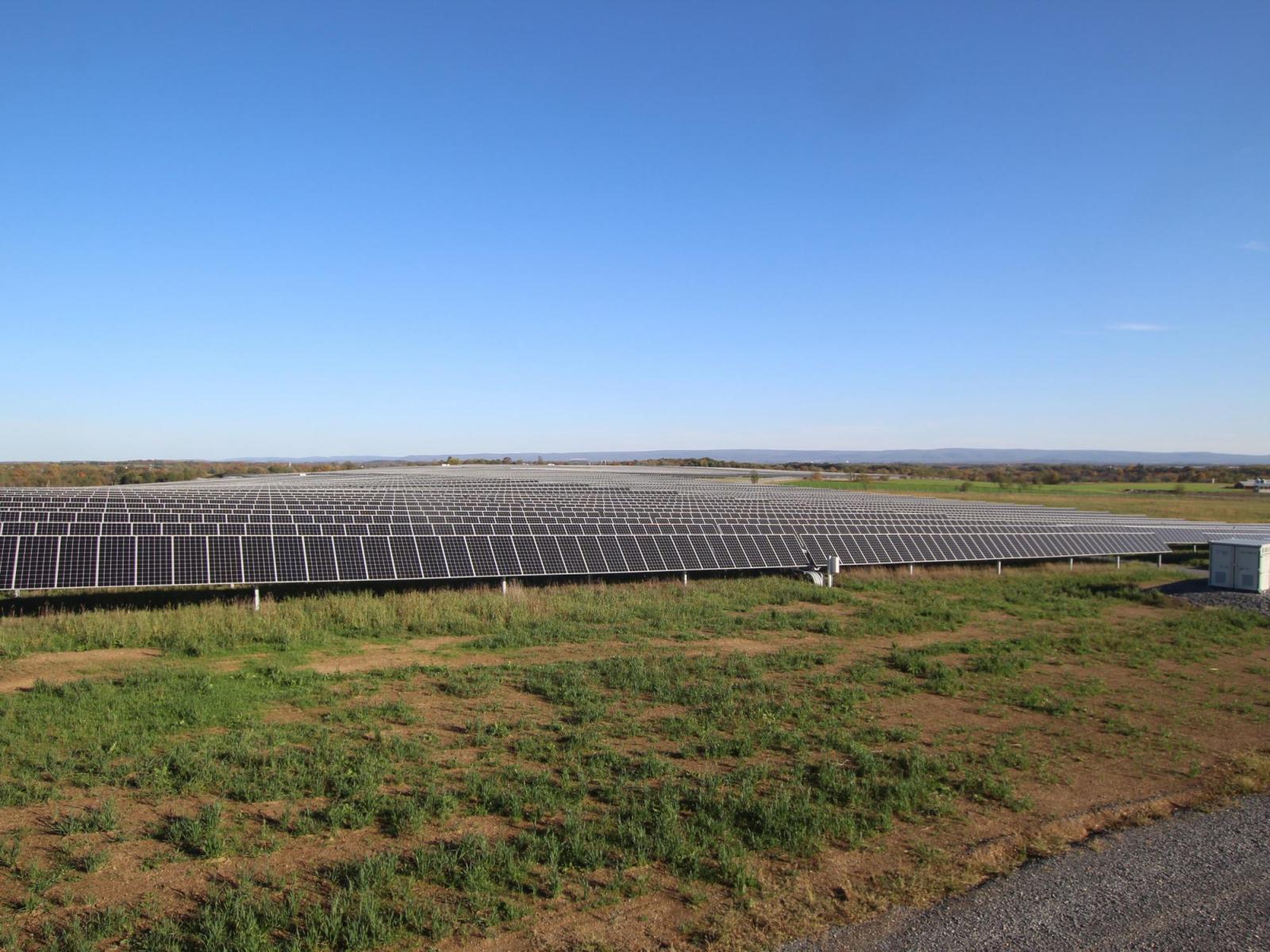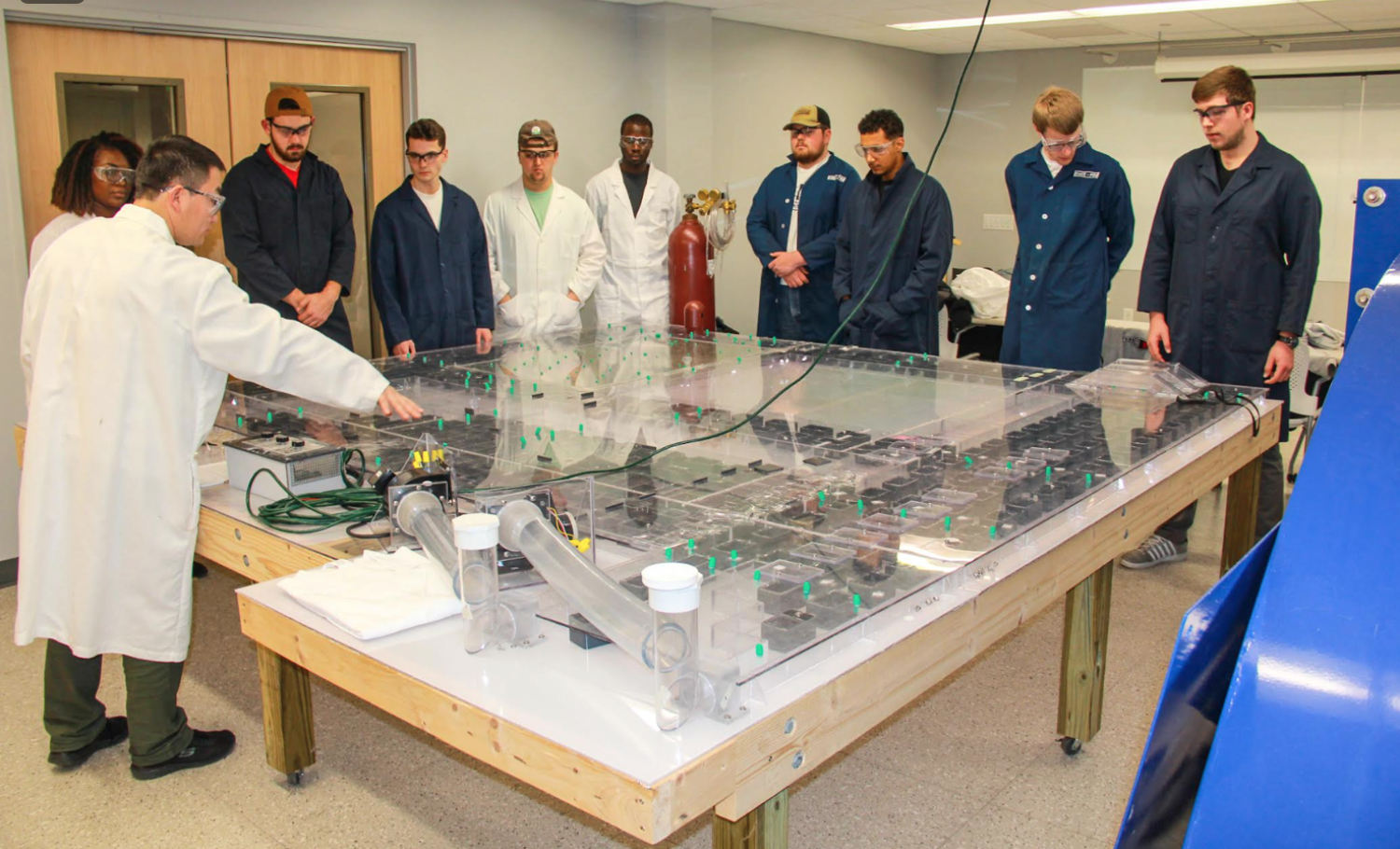Upcycling plastic waste into graphite, used in electric vehicles and renewable energy storage, could positively contribute to the global economy, preserving resources, saving energy and reducing carbon dioxide emissions, according to Penn State researchers.
The Administrative Fellows Program offers Penn State faculty and staff the opportunity to work with senior University officers to gain knowledge and experiences pertaining to the challenges of leadership in the academic community.
Penn State's College of Earth and Mineral Sciences (EMS) recognized exceptional students and faculty for their academic excellence, service and leadership during its annual Wilson Awards Celebration, held on Sunday, April 24. The Wilson Awards are named in honor of Matthew and Anne Wilson, major benefactors of the college.
The Institutes of Energy and the Environment (IEE) awarded seed grants to 21 groups of interdisciplinary researchers at Penn State for the 2021–22 cycle. Since 2013, IEE has awarded grants to nearly 200 interdisciplinary projects across 15 Penn State colleges and campuses.
Every year in April the department of energy and mineral engineering holds an awards banquet to celebrate the success of its students and to thank the donors who sponsor its scholarships and program support funds. The event brings students, donors, faculty, staff, and friends together to acknowledge the accomplishments of its community and present awards to its brightest and best.
The SPE IOR Pioneer Award is presented to selected individuals who have made significant advancements over the years in improved oil recovery technology. This award has been presented to 90 individuals since its inauguration in 1984.
Graduate programs in Penn State's College of Earth and Mineral Sciences were recently recognized among the nation’s best in U.S. News & World Report's 2023 Best Graduate Schools rankings.
Last spring, at the request of President Eric Barron, a team of more than 20 faculty members, staff members and students began to formulate a plan to address climate change, one of the most complex and urgent issues of our time, by significantly lowering the University’s greenhouse gas emissions on all its campuses. Today, the Carbon Emissions Reduction Task Force unveils its recommendations for the University to achieve 100% emissions reduction by 2035.
In a commonwealth with a long history of mining, Penn State’s Department of Energy and Mineral Engineering is focusing on refining mining to be more environmentally sustainable — as mining engineering faculty say mining will play a large role in a sustainable future.
Two Penn State students won awards during the MINEXCHANGE 2022 SME Annual Conference & Expo held February 27 through March 2, 2022, in Salt Lake City, Utah.


